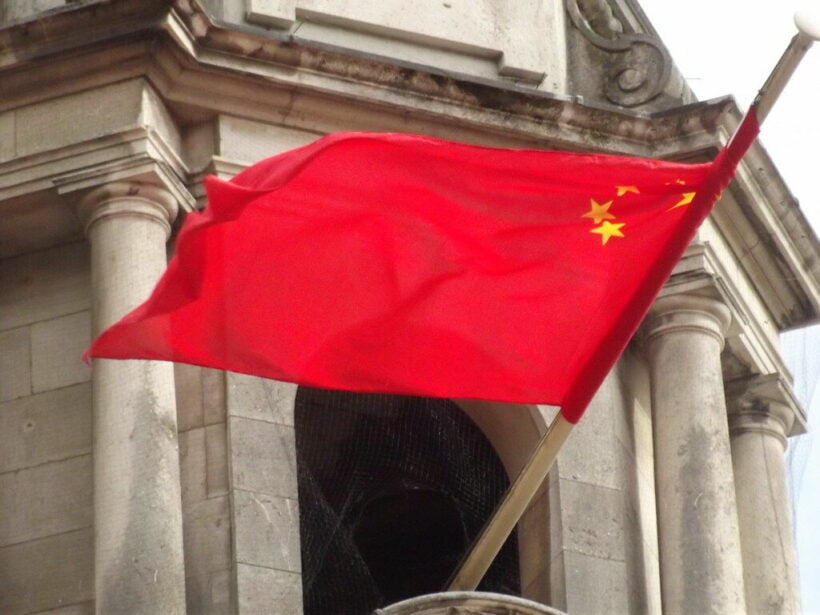Chinese government accuses protesters of illegally entering consulate in Manchester

The Chinese government is responding to a video of a Hong Kong pro-democracy protester being assaulted at the consulate in Manchester by saying such protesters illegally entered the grounds.
According to Hong Kong Free Press, British police say a group of men came out from the consulate during a peaceful demonstration and dragged one of the protesters inside the building and assaulted him. But Chinese foreign ministry spokesman Wang Wenbin says the protesters were to blame.
“Violation of the peace and dignity of China’s overseas embassies and consulates will not be tolerated. The troublemakers illegally entered the Chinese Consulate-General in Manchester, endangering the security of the premises.”
He then said the UK must “earnestly fulfil its duties and take effective measures to step up protection of the premises and personnel of the Chinese embassy and consulates.”
But, a British government spokesman says the incident was “obviously deeply concerning,” and noted that it would be “inappropriate” to comment on the incident while an investigation was ongoing.
The protest reportedly was staged as China opened its five-yearly Communist Party Congress, in which President Xi Jinping is expected to be given an unprecedented third term in power.
Meanwhile, media reports back in September claimed that Chinese President Xi Jinping was under house arrest after a military coup.
TFI Global and the Times of India both speculated that the Chinese premier is under house arrest after Beijing Airport cancelled more than 6,000 domestic and international flights, and suspended the nation’s high-speed rail.
The platform alleges that the former Chinese President, Hu Jintao, and former Chinese Premier, Wen Jiabao had retaken control of the Central Guard Bureau (CGB) and abolished Xi’s military authority. The CGB protects members of the Politburo Standing Committee, Chinese Communist Party (CCP) leaders, and Xi Jinping.
There has been no official confirmation from the CCP or any of the state’s media outlets, such as Xinhua, China Daily, or the mainland’s version of Twitter, or Weibo, although something of this nature would not get out into the public domain. China is arguably the heaviest-surveillanced nation in the world.
Latest Thailand News
Follow The Thaiger on Google News:


























